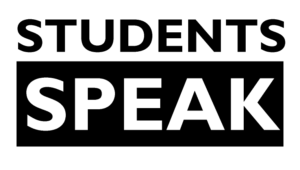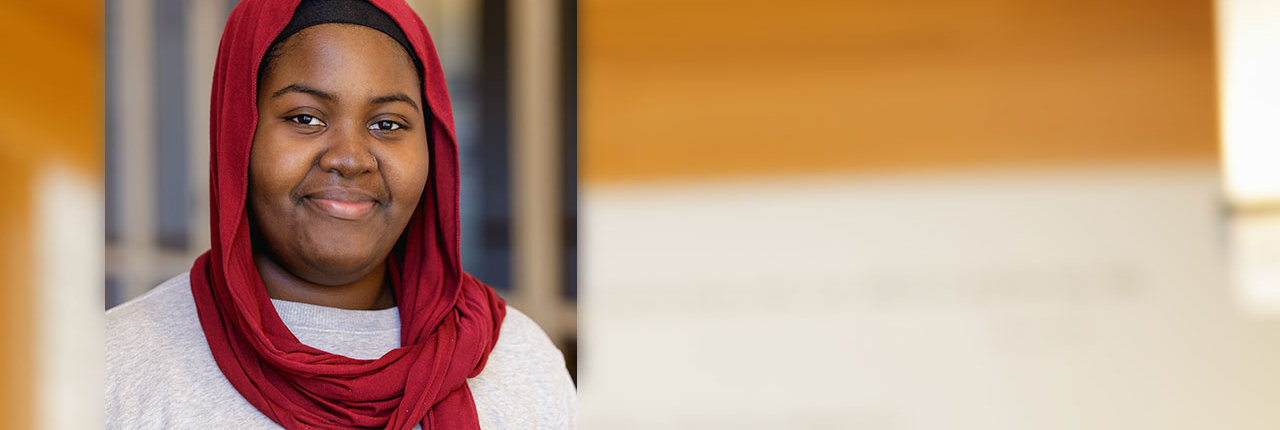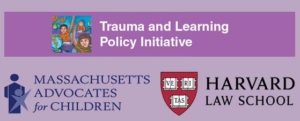Rahama
Hi, My name is Rahama Sidow and I am a freshman at Chelsea High School.
I am here to talk about developing culturally responsive practices/connecting schools to the school community.
First things first, I am a muslim woman. As you may know Muslim women wear a hijab. But nobody really knows why. Hijabs are worn to protect the beauty of a woman, keep evil eyes away. Hijabs show modesty and just being a good person. There was a time in middle school, I was sitting in history class. These two boys started bothering me about my hood because our class had a “no hood policy.” But the teacher didn’t seem to mind so I wore mine. While I was doing my work, they tried to take my hood off. The teacher told them to stop but they just laughed and shrugged it off. Later, the teacher gave us an assignment to stand up and discuss with each other what they have been working on. One of the boys came up to me and pulled off my hood, and my hijab fell down as well. He started to laugh after he saw what happened, and I felt embarrassed and upset. While students were laughing, the teacher asked him why he did that, and all he said was, “that was my bad.” I knew I couldn’t do anything back so I started crying. I felt so disrespected and nobody understood how I felt. To be “exposed” in a way where I didn’t feel comfortable. After I started to calm down, the teacher asked me if I needed to take a minute. I went to the bathroom to calm myself down and fix my hijab. I returned to the class and finished my work. People just acted like nothing happened. I was angry that nobody seemed to care about what happened. Nobody was telling the principal what had happened, and no one was taking action. Next day, the teachers were trying to encourage the boy to apologize to me. He kept talking about how he knew and that he would even though he was reminded COUNTLESSLY and never did. In history once again, at the end of the class, the teacher made the boy apologize to me in front of the whole class. He said sorry, but I felt like it was not meaningful. The teacher made him explain why he was sorry, but he didn’t seem to understand why. That just made me feel miserable. It made me never want to show my face again. This story still makes me feel disappointed that people do not understand my religion or respect my values. But even though this has happened years ago, to this day people think it’s ok to say things like “you don’t even have hair” or “don’t make me snatch that scarf off your head.” All I can do is shrug it off and walk away because in the end who is going to take a stand?
This brings me to the fact that I want schools to take time to truly understand our religion, our values, and our backgrounds. For example, I wish the school challenged the boy to have a meaningful conversation with me and learn about my background in depth. It would also be nice if our school had affinity groups for muslim students. I wish schools had a more diverse curriculum that educated students about diverse religions and backgrounds so that they truly understand what is respectful and what is not. At our school, the majority is Christian or Hispanic, so I feel like most of them don’t know how to address this problem on their own.
This is why we ask you (legislators) to support the Safe and Supportive Schools Initiative, so that schools can get funding and take action on these issues.
“Hijabs are worn to protect the beauty of a woman, keep evil eyes away. Hijabs show modesty and just being a good person.”—Rahama
“I want schools to take time to truly understand our religion, our values, and our backgrounds.”—Rahama
“I wish schools had a more diverse curriculum that educated students about diverse religions and backgrounds so that they truly understand what is respectful and what is not.”—Rahama


